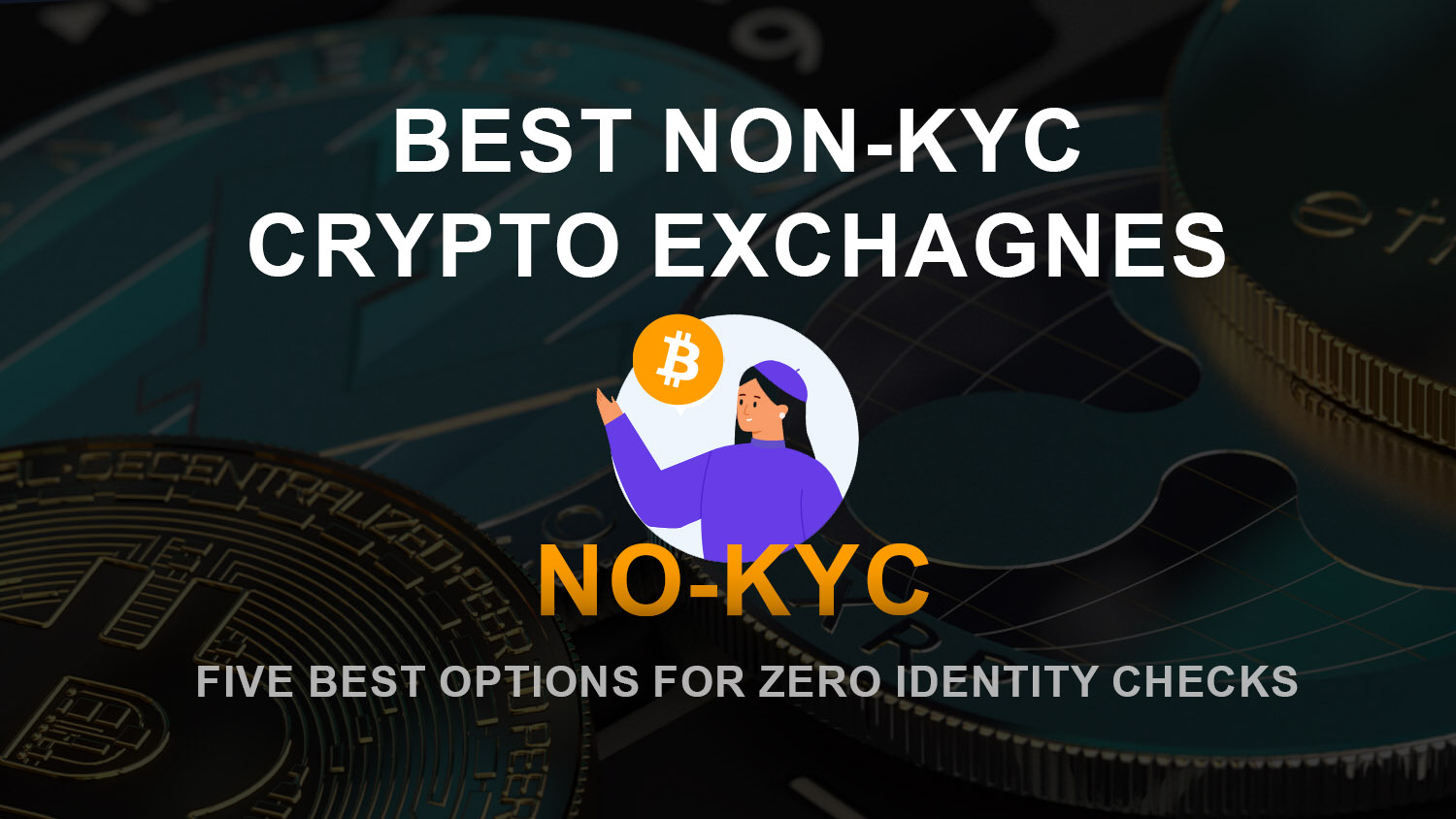Introduction to No-KYC Crypto Exchanges
No-KYC crypto exchanges offer users the ability to trade digital currencies without undergoing traditional identity verification processes. These exchanges prioritize user privacy and accessibility, appealing to individuals who want to maintain anonymity best no kyc crypto exchanges while entering the cryptocurrency market. However, their rise also brings challenges related to security and legal compliance.
The Appeal of Anonymity in Cryptocurrency
Privacy remains one of the most appealing aspects of cryptocurrency. No-KYC exchanges cater to those who value anonymity and wish to avoid the potential risks associated with sharing personal information. This model allows users to trade freely without exposing themselves to unwanted surveillance or data collection by third parties.
Challenges Faced by No-KYC Platforms
Despite their benefits, no-KYC exchanges face numerous challenges. The lack of regulatory oversight makes them vulnerable to misuse by criminals seeking to launder money or finance illegal activities. Furthermore, their unregulated nature increases the risk of cyberattacks, leading to potential financial losses for users and platforms alike.
Regulatory Developments and Increased Scrutiny
As governments and regulators around the world become more focused on cryptocurrency, no-KYC exchanges are under heightened scrutiny. Many countries have introduced or are considering laws that require cryptocurrency platforms to implement KYC procedures. The pressure to comply with these regulations could significantly impact the operation of no-KYC exchanges.
The Role of Decentralized Finance (DeFi) in No-KYC Exchanges
Decentralized Finance (DeFi) platforms have become integral to the no-KYC ecosystem. DeFi allows users to trade directly with each other through smart contracts, eliminating the need for a centralized authority. These platforms offer enhanced privacy and security, making them an attractive alternative for those seeking a decentralized, KYC-free trading experience.
The Tradeoff Between Privacy and Regulation
The increasing demand for privacy in cryptocurrency trading often clashes with the growing regulatory push for transparency and compliance. While no-KYC exchanges offer users the freedom to trade anonymously, they must balance these demands with the need to conform to evolving laws designed to prevent illicit financial activities.
Impact on User Experience and Adoption
No-KYC exchanges attract users seeking a seamless and private trading experience. These platforms simplify the sign-up process and allow traders to access cryptocurrencies quickly. However, the lack of KYC procedures can also make users feel vulnerable, especially if the platform lacks robust security measures or legal protections.
Emerging Alternatives and Solutions
As the pressure for regulatory compliance grows, many no-KYC platforms are exploring alternative solutions. Some are incorporating partial KYC checks or adopting privacy-focused technologies like zero-knowledge proofs. These measures help address regulatory concerns while maintaining the core values of privacy and decentralization that users seek.
The Future of No-KYC Crypto Exchanges
The future of no-KYC exchanges remains uncertain, given the rising global pressure for regulatory compliance. These platforms must adapt to new rules while striving to maintain user privacy. Innovations in blockchain technology and decentralized finance may provide a path forward, ensuring that users can continue trading privately and securely.
Conclusion
No-KYC crypto exchanges have revolutionized access to the digital currency market, offering privacy and ease of use to users worldwide. However, as regulations tighten and security concerns grow, the future of these platforms will depend on their ability to balance user privacy with legal requirements and evolving global standards.







Leave A Comment